
15 Reasons Why People Love Paddleboard SUP And Where They Like To Do It
Paddleboarding, or SUP (Stand Up Paddleboarding), has surged in popularity for a myriad of compelling reasons. It's not just about gliding on the water; it's an immersive experience that combines adventure, fitness, and tranquility. Whether you're navigating the serene waters of a lake on an inflatable paddle board or catching waves with a hard board, SUP offers something for everyone. Here are the top 15 reasons why paddleboarding has become a beloved activity among water sports enthusiasts.

The Universal Appeal of SUP
One of the greatest aspects of SUP is its accessibility. It doesn't demand peak physical fitness; rather, it welcomes individuals at all levels of fitness and of any age. This inclusivity is partly why paddleboarding has seen such a rise in popularity. With the option of inflatable paddle boards, the sport has become even more accessible, allowing paddlers to take their boards on flights or hike them into remote locations, ensuring an adventure is never out of reach.

15 Reasons to Love SUP
15. Outdoor Exercise: A fun way to engage in physical activity while soaking up the beauty of nature.

14. Versatility: Suitable for various water bodies, including oceans, lakes, and rivers.
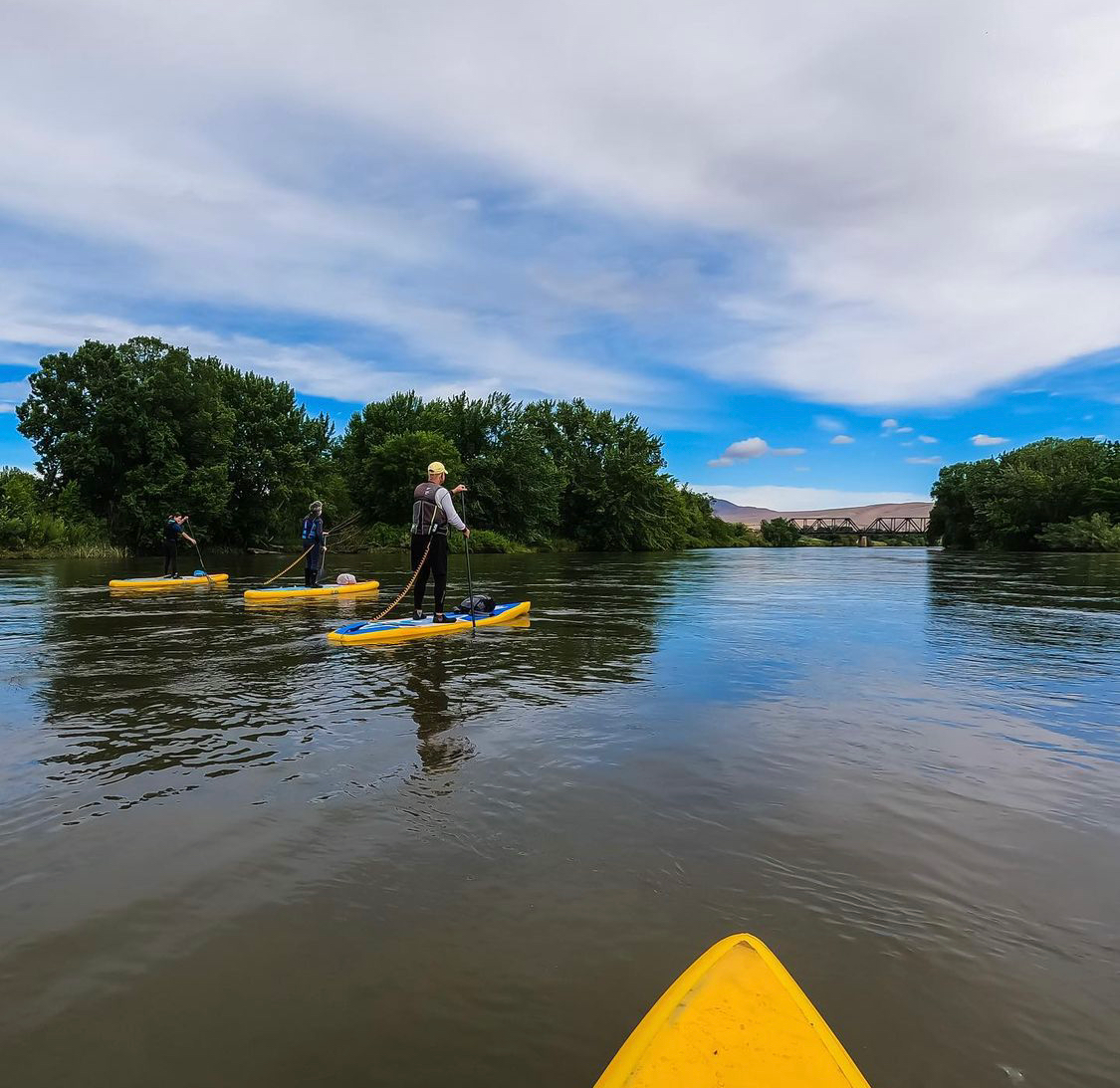
13. Ease of Learning: Most people can get the hang of it quickly, ensuring immediate enjoyment.
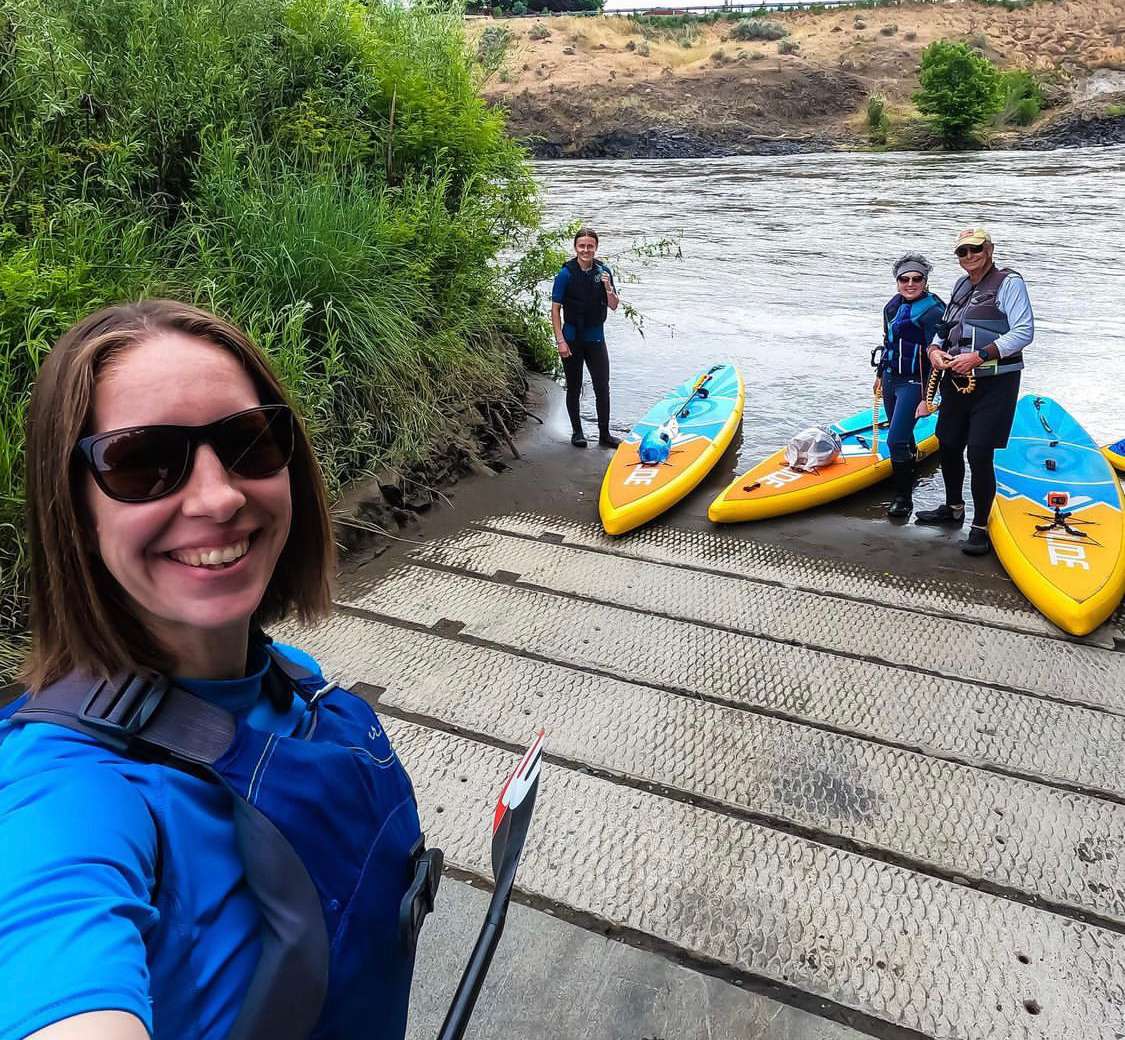
12. Stability: Ideal for those less confident in their swimming abilities.
11.Stress Relief: The peacefulness of being on the water helps to unwind and de-stress.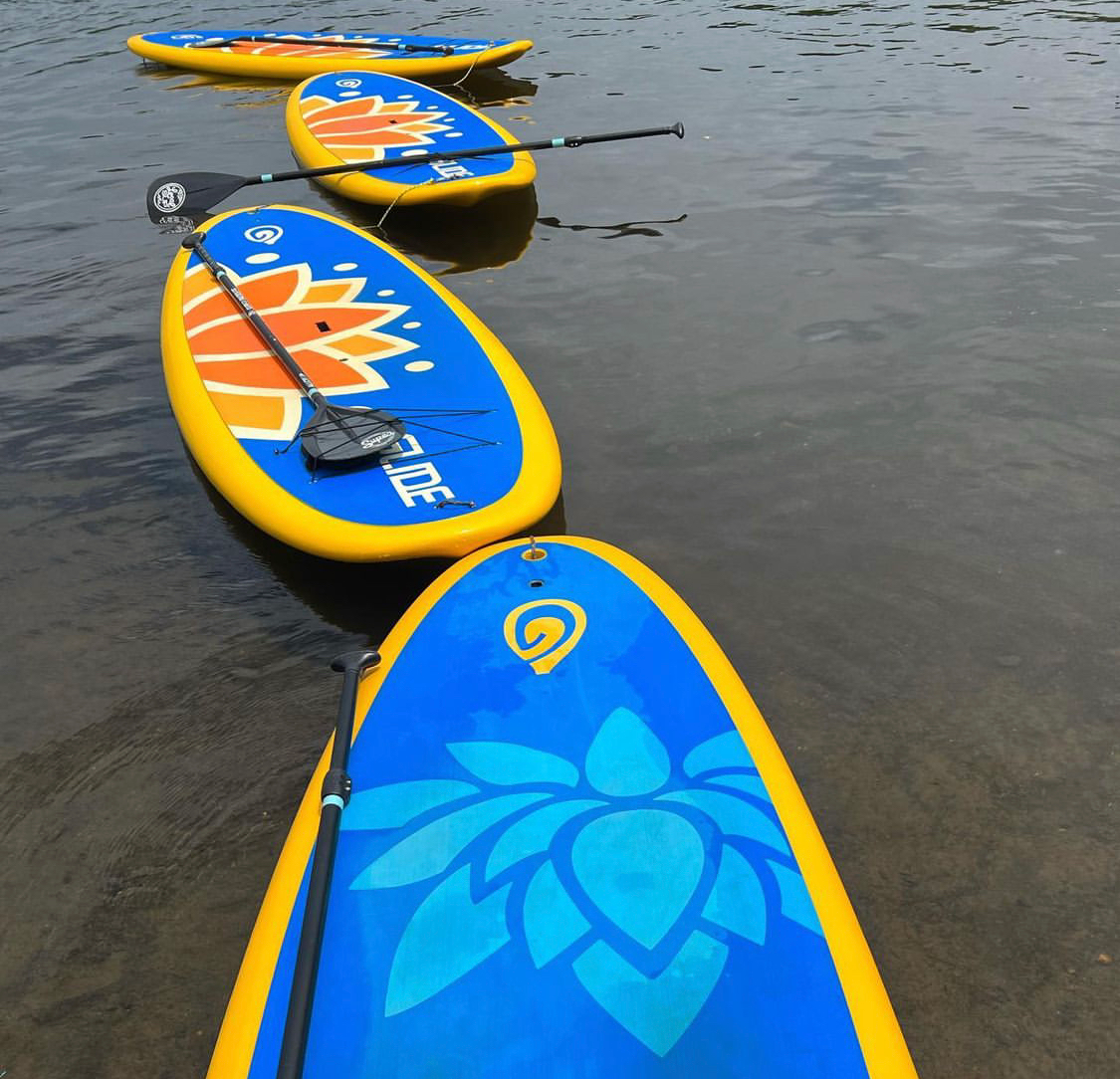
10. Vitamin D Boost: A healthy dose of sunshine while staying cool.
9. Full-Body Workout: Offers a comprehensive workout that's gentle on the body.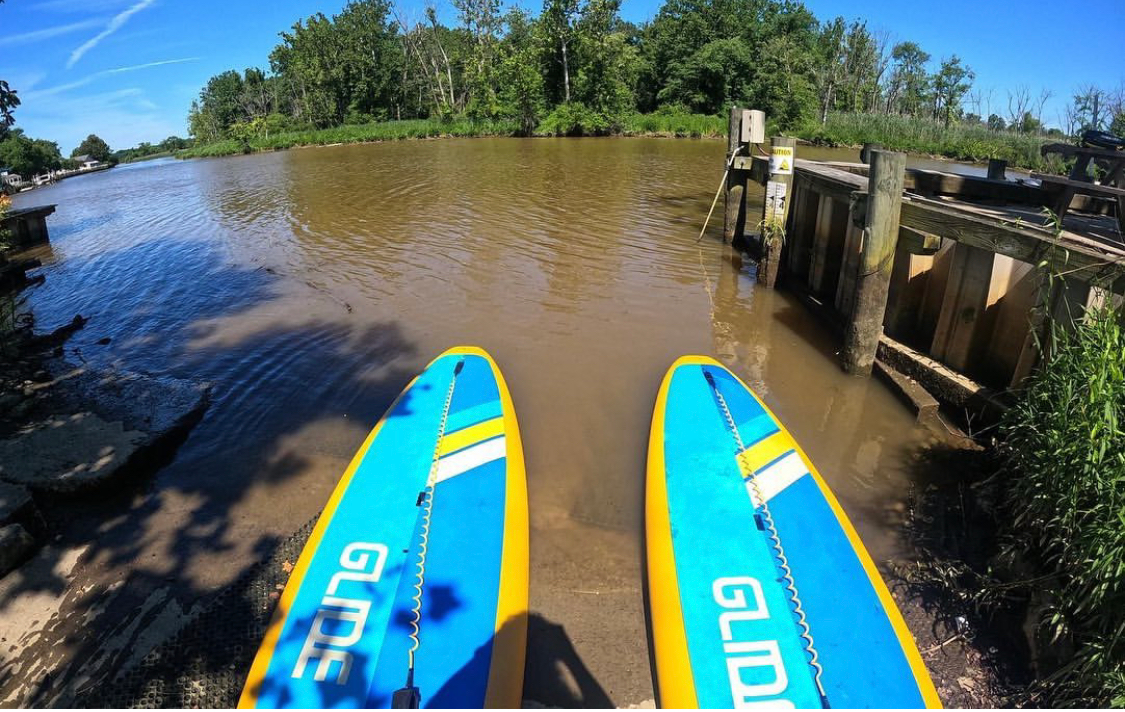
8. Unique Travel Sightseeing: Offers a fresh perspective on new destinations.
7. Social or Solo: Perfect for group outings or solitary escapes.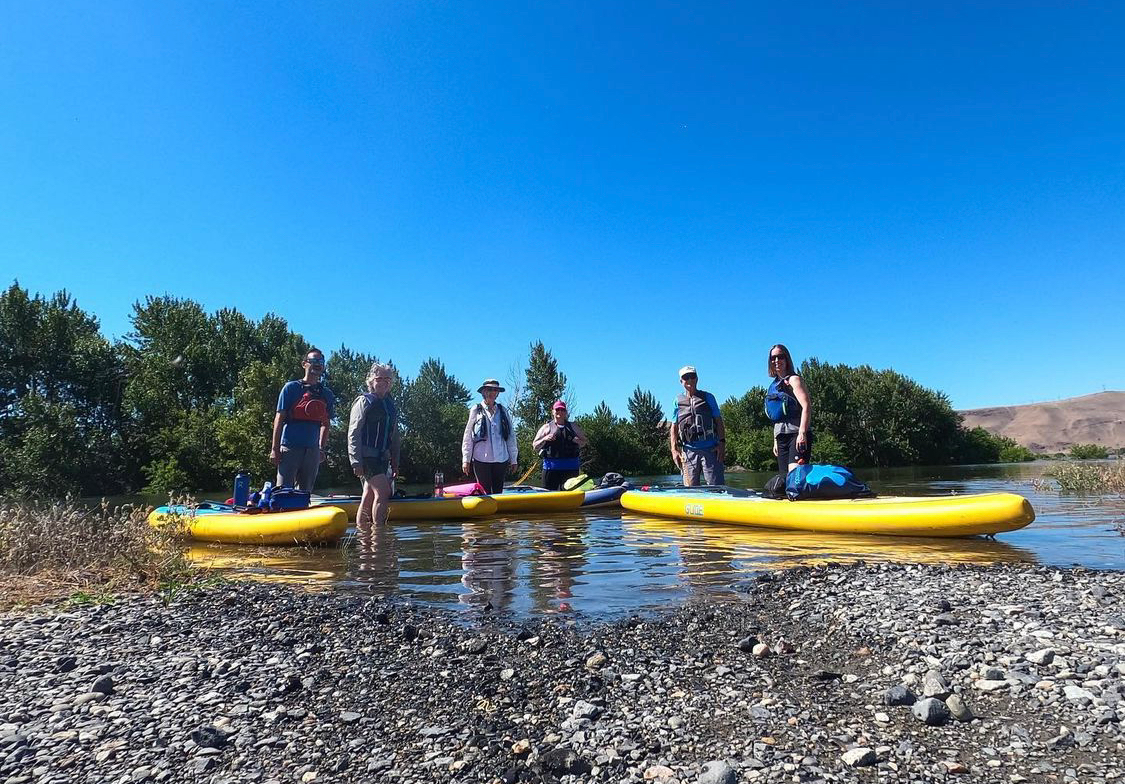
6. Improves Balance & Coordination: Enhances physical capabilities beyond the water.
5. Affordable & Portable: Especially with inflatable options, SUP is easy to transport and store.
4. Low-Impact: Kind on joints and muscles.
3. Eco-Friendly: A green sport that doesn’t rely on fossil fuels.
2. Diverse Board Options: From inflatable to hard-shell, there’s a board for every preference.
1. All-Weather Fun: Enjoyable in a variety of weather conditions.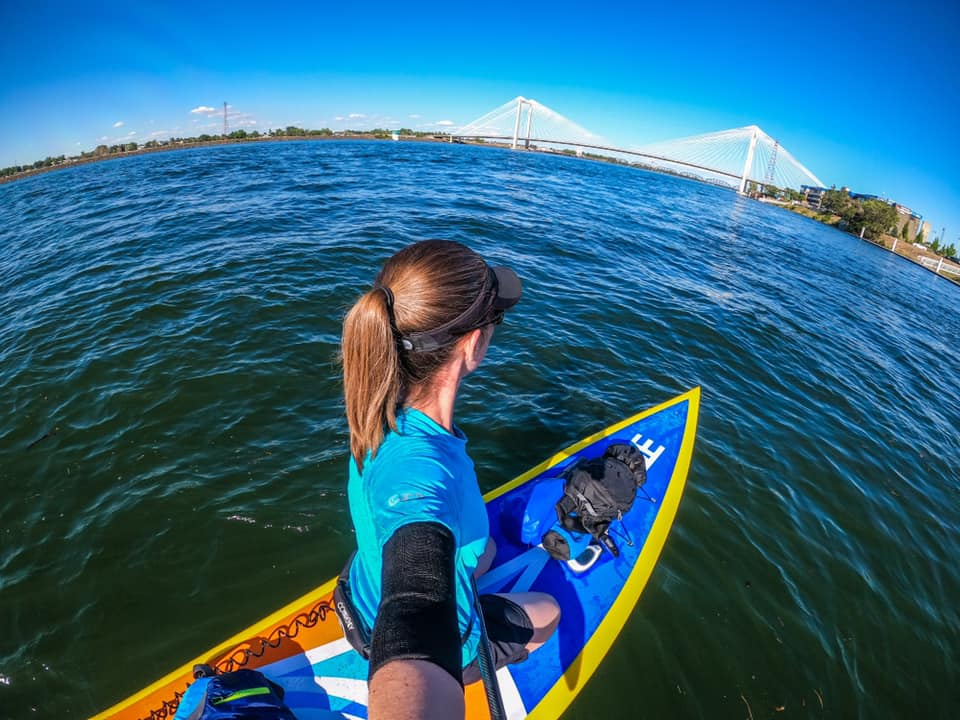
Embracing the World of SUP
With its blend of adventure, relaxation, and fitness, SUP offers an unmatched experience that caters to a wide audience. Its rapid growth in popularity is a testament to its broad appeal, providing a unique way to explore the beauty of the waterways, challenge oneself physically, and find a moment of peace in the hectic pace of life.
Whether you’re intrigued by the fitness aspect, the adventure of exploring new waterways, or simply the joy of floating peacefully, paddleboarding offers a gateway to a wealth of experiences. As the sport continues to evolve, it remains accessible to everyone, promising new adventures and cherished memories on the water.

